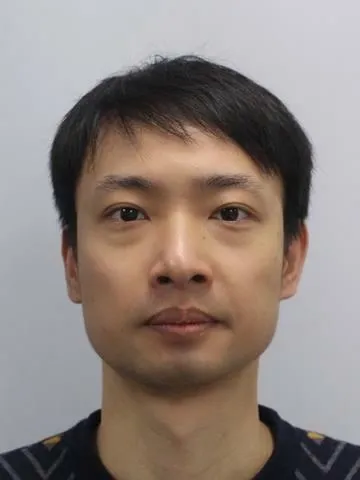About the project
Do you want to shape the future of quieter, more sustainable aviation? This PhD develops efficient computational methods to simulate aeroengine noise, combining fluid dynamics, acoustics, and high-performance computing to create faster, more accurate tools that help reduce environmental impact.
How can we efficiently simulate aeroengine noise, from the complex near-field flow around rotating blades to the far-field sound heard by communities? This PhD tackles one of aviation’s most demanding challenges: predicting aeroengine noise with both high physical fidelity and computational efficiency.
Current industrial workflows rely on separate computational fluid dynamics (CFD) and computational aeroacoustics (CAA) simulations, which are expensive and difficult to couple. As engines evolve, aerodynamic and aeroacoustic interactions between components become increasingly significant. Capturing the full noise-generation and propagation processes at the coupled system level is therefore essential, yet remains a major bottleneck.
This project will develop a novel, automated CFD-CAA workflow to enable efficient and accurate simulation of engine noise. The focus will be on bridging CFD simulations of unsteady flow with acoustic propagation toward the far-field, using innovative data transfer and coupling techniques.
The research integrates fluid dynamics, acoustics, and high-performance computing, contributing to Europe’s drive toward quieter, more sustainable aviation.
Sponsored by Rolls-Royce, the project targets industrially relevant configurations and offers close collaboration with engineers, including potential placements within the company. You will gain expertise in aeroacoustics, turbomachinery, high-fidelity simulation, and HPC technologies, with access to cutting-edge computational facilities and training.
The aviation industry stands at a pivotal moment, with disruptive concepts such as UltraFan and RISE redefining the future of flight. This PhD places you at the forefront of that transformation, shaping the next generation of sustainable propulsion.
You will be part of the Rolls-Royce University Technology Centre (UTC) in Propulsion Systems Noise and will be given access to the UTC compute cluster. This requires BPSS (Baseline Personnel Security Standard) checks and agreement to existing UTC IP control procedures.
The School of Engineering is committed to promoting equality, diversity inclusivity as demonstrated by our Athena SWAN award. We welcome all applicants regardless of their gender, ethnicity, disability, sexual orientation or age, and will give full consideration to applicants seeking flexible working patterns and those who have taken a career break. The University has a generous maternity policy, onsite childcare facilities, and offers a range of benefits to help ensure employees’ well-being and work-life balance. The University of Southampton is committed to sustainability and has been awarded the Platinum EcoAward.
